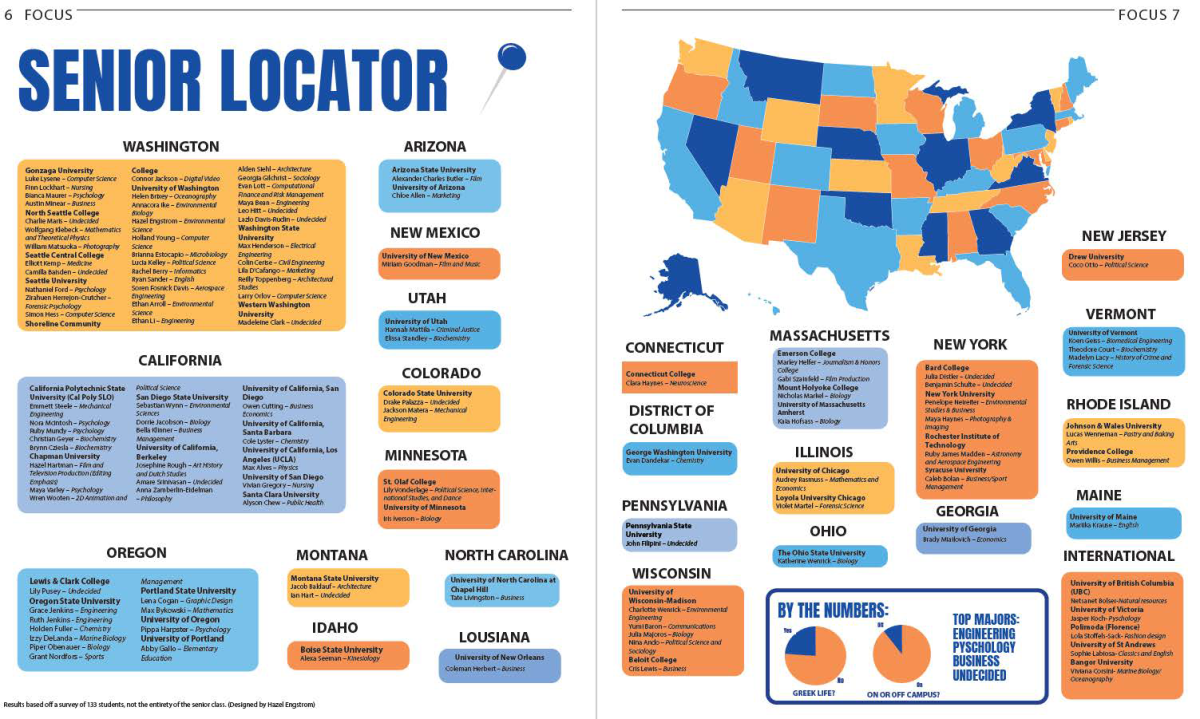Is the movie industry just reboots, sequels, and tropes now?
Reboots are twisting the plot of original movies that were already great
December 15, 2022
Nothing beats an original movie. Yet, the main goal of the movie industry is to make money, and what better way to make money than building off a popular movie. However, knowing when to stop is key, which the movie industry has a very hard time comprehending.
Sequels, remakes, and tropes are the foundation of movies nowadays and are loved by the industry because for many aspects of making a movie, they are a safe bet. There is already a plot, main characters and a large audience that fell in love with the original.
I can’t remember the last time I saw something genuinely unique. It almost feels as if the movie industry has run out of ideas. But in reality, they’re just trying to collect as much revenue as they can get. Within this generation of entertainment, there has been an exponential increase in reboots of movies and television.
There is proof of a movie remake as early as 1896 Ever since, the movie industry has been very strategic when they release a reboot. Our parents’ generation got the originals, which they fell in love with. So, by the time they have children of their own, or forget the plot of their beloved movies, a new rendition of an iconic film comes out. Suddenly, nostalgia drives views, drawing in those who hope to get the same sense of joy and excitement they got many years ago. This is exactly what the point of a remake is: An already hooked fan base, plus new fans, leading to significantly more viewers than there were when the original movie came out.
Not only are there many remakes and sequels these days, but it’s very hard to find a movie that doesn’t rely on some of the most overused tropes. Some include walking away from a crash that would have killed a normal person, the one last case before retirement, hacking into the pentagon in less than three minutes, being knocked out is no big deal, dying people always live just long enough to say something moving or significant, a message gets sent out to the whole school like there is one big group chat, and the one that every horror movie loves, “lets split up.” These tropes are repetitive, over-used, and simply frustrating.
A few examples of reboots we see now are, “West Side Story,” “IT,” and “Dune.” I feel that it is essential to understand the importance and historical significance of the originals. Over the years, technology has increased drastically, but returning to the origin of these movies just captures a different moment in time and shows how far we’ve come as a society. Most movies we deem “classics” were revolutionary for their time. They paved the way, and we wouldn’t have the type of storytelling we have now without the originals.
In the end why remake a movie that was great to begin with. A reboot is a cash grab by the movie industry. However, it does work as people are pulled in based on nostalgia, curiosity, and excitement. But what makes a good movie? Is it something familiar and reconstructed, or rather an original, innovative, inspiring tale? Is it better for a story to answer all the questions, or should the viewer be left with some wonders and opportunity for imagination? Although it is all a matter of preference, the great originals that stood the test of time, have had the ultimate influence on the movies we see today.Wednesday cartoon FINAL (1)
























